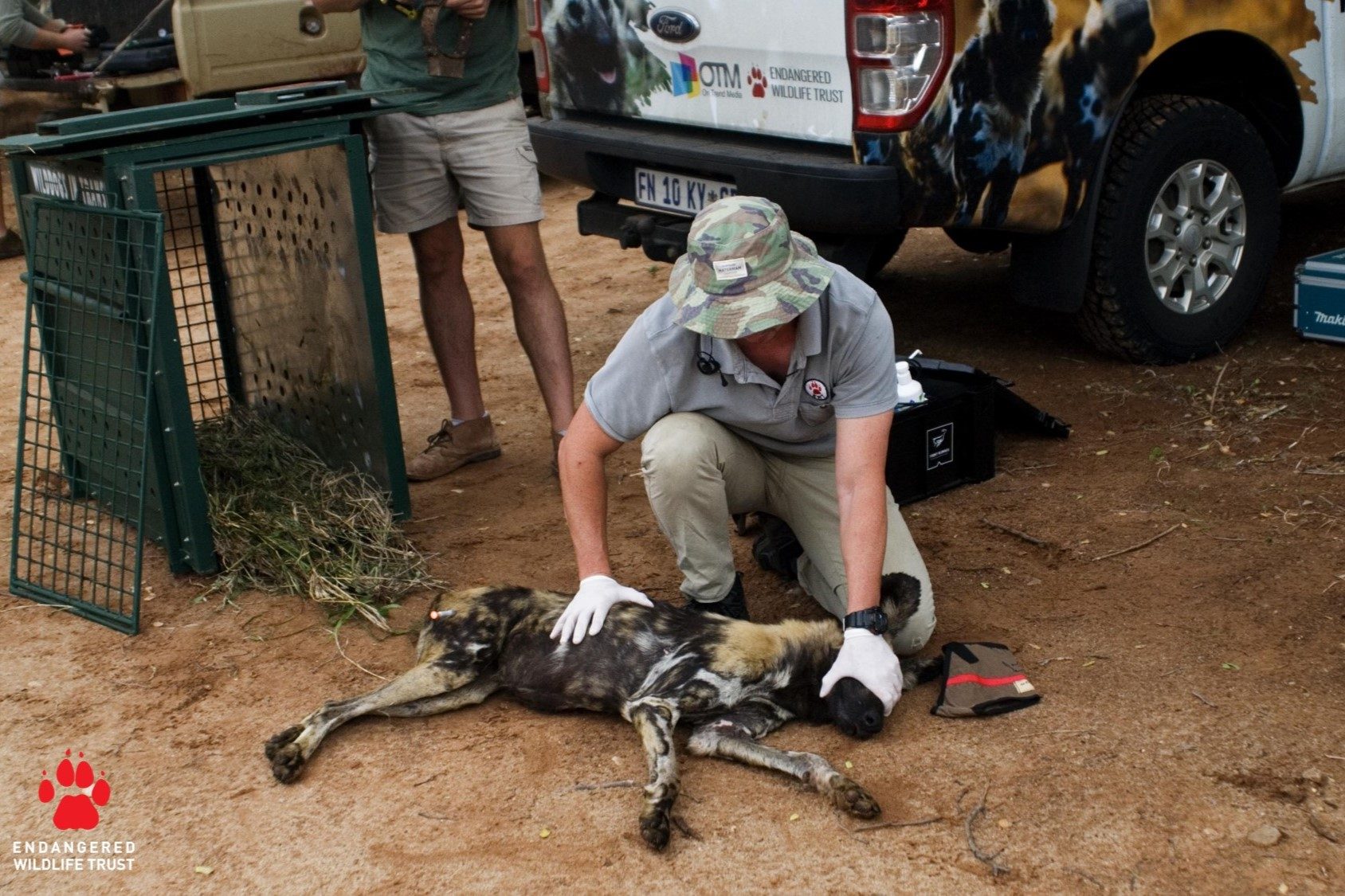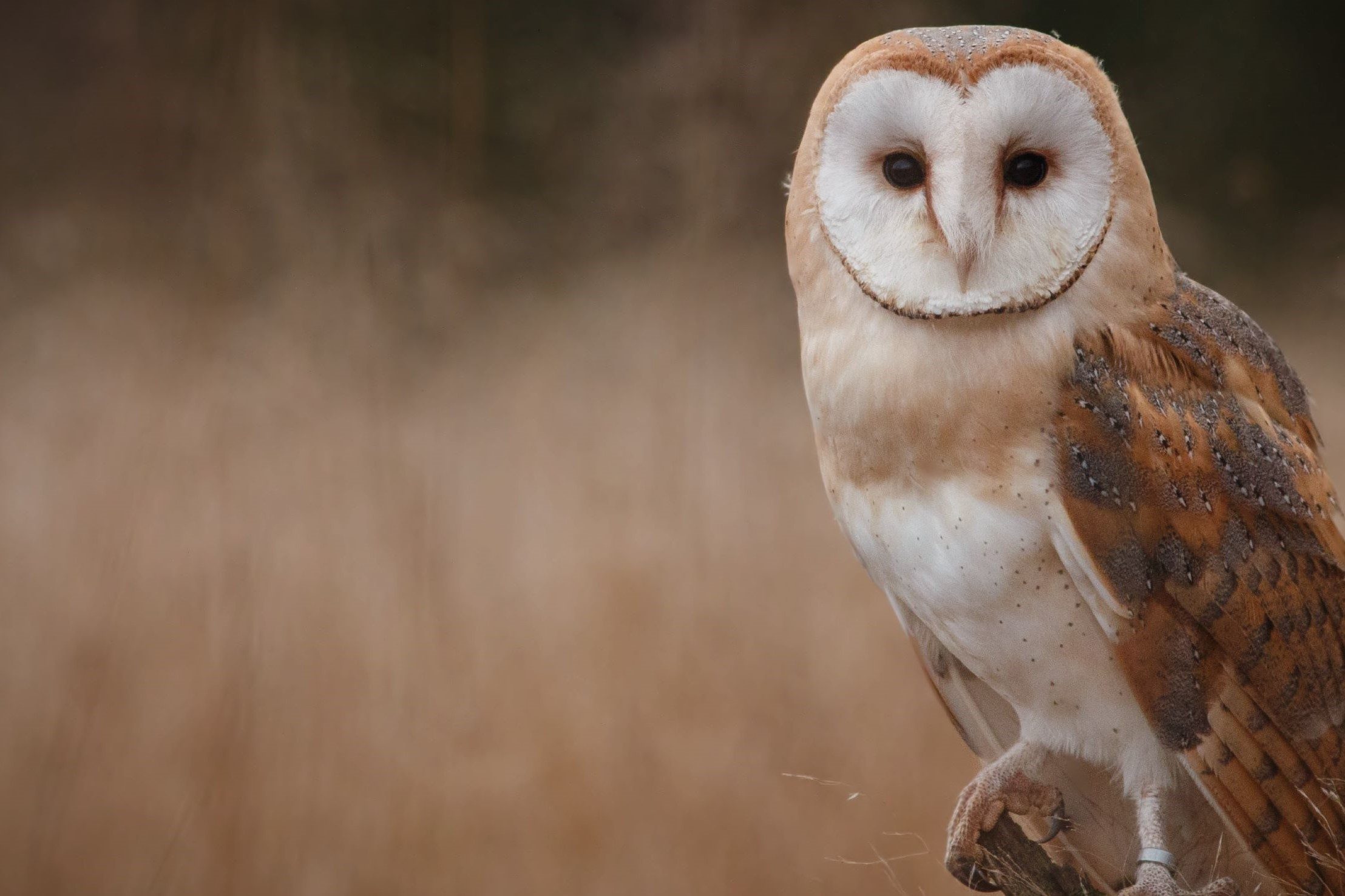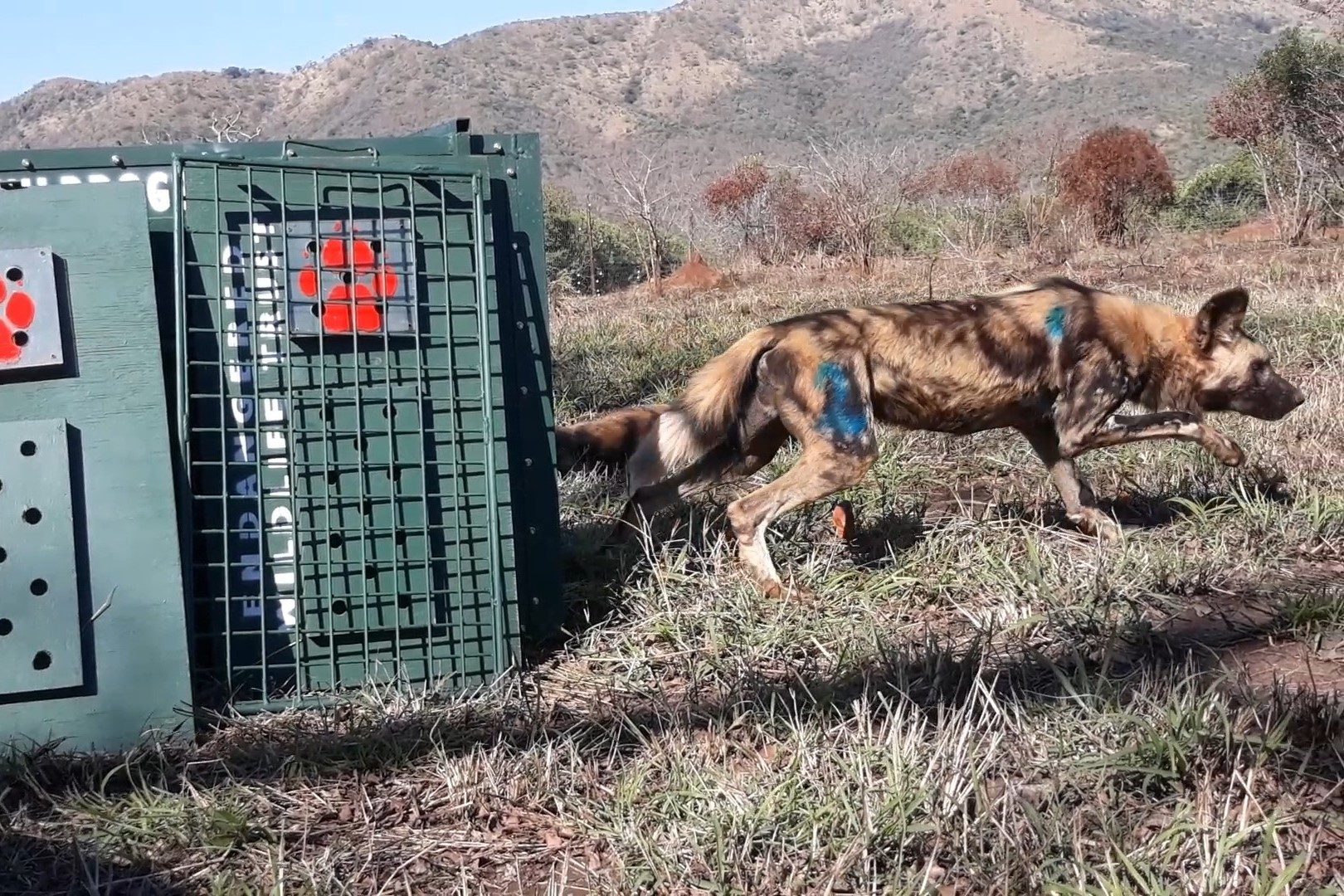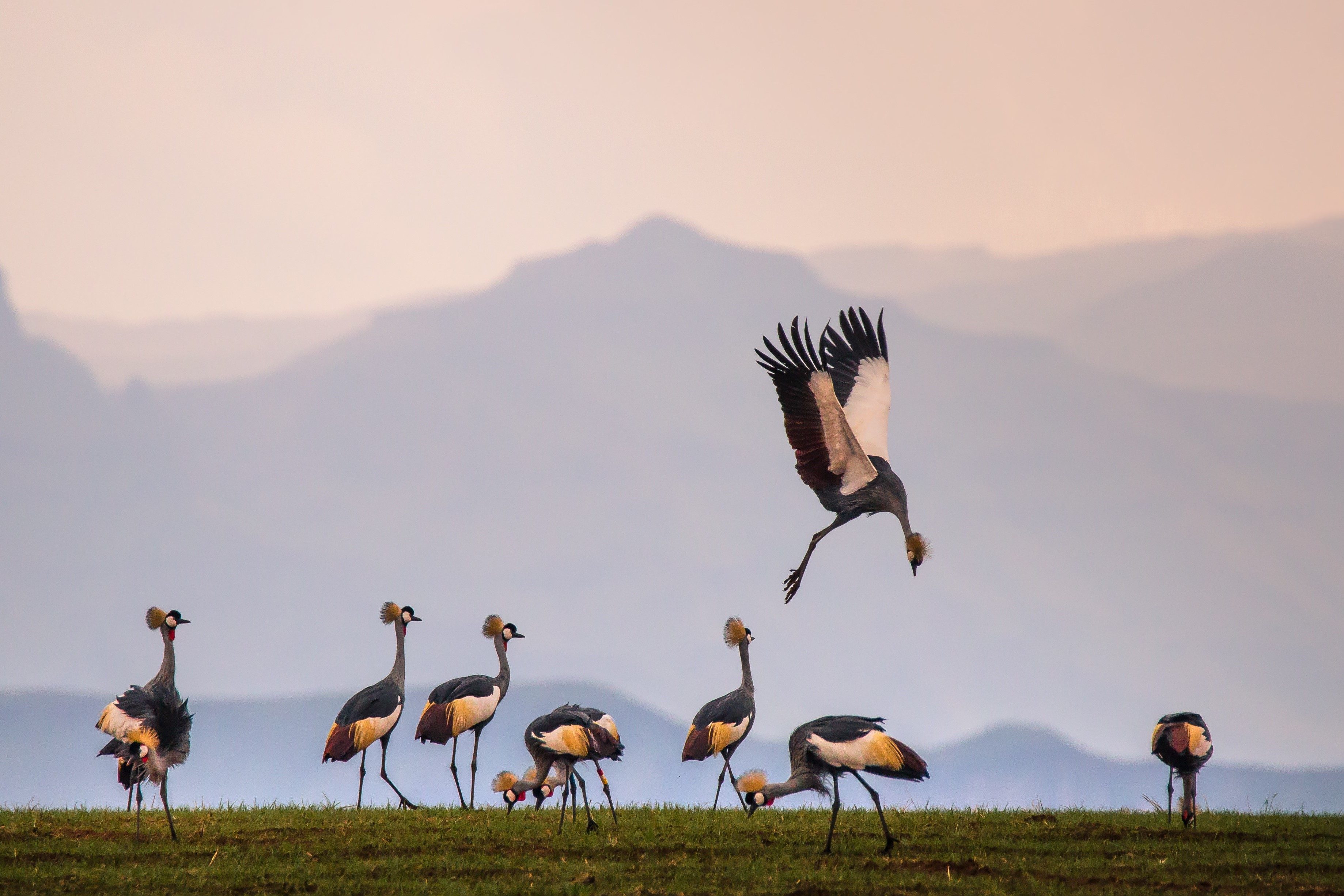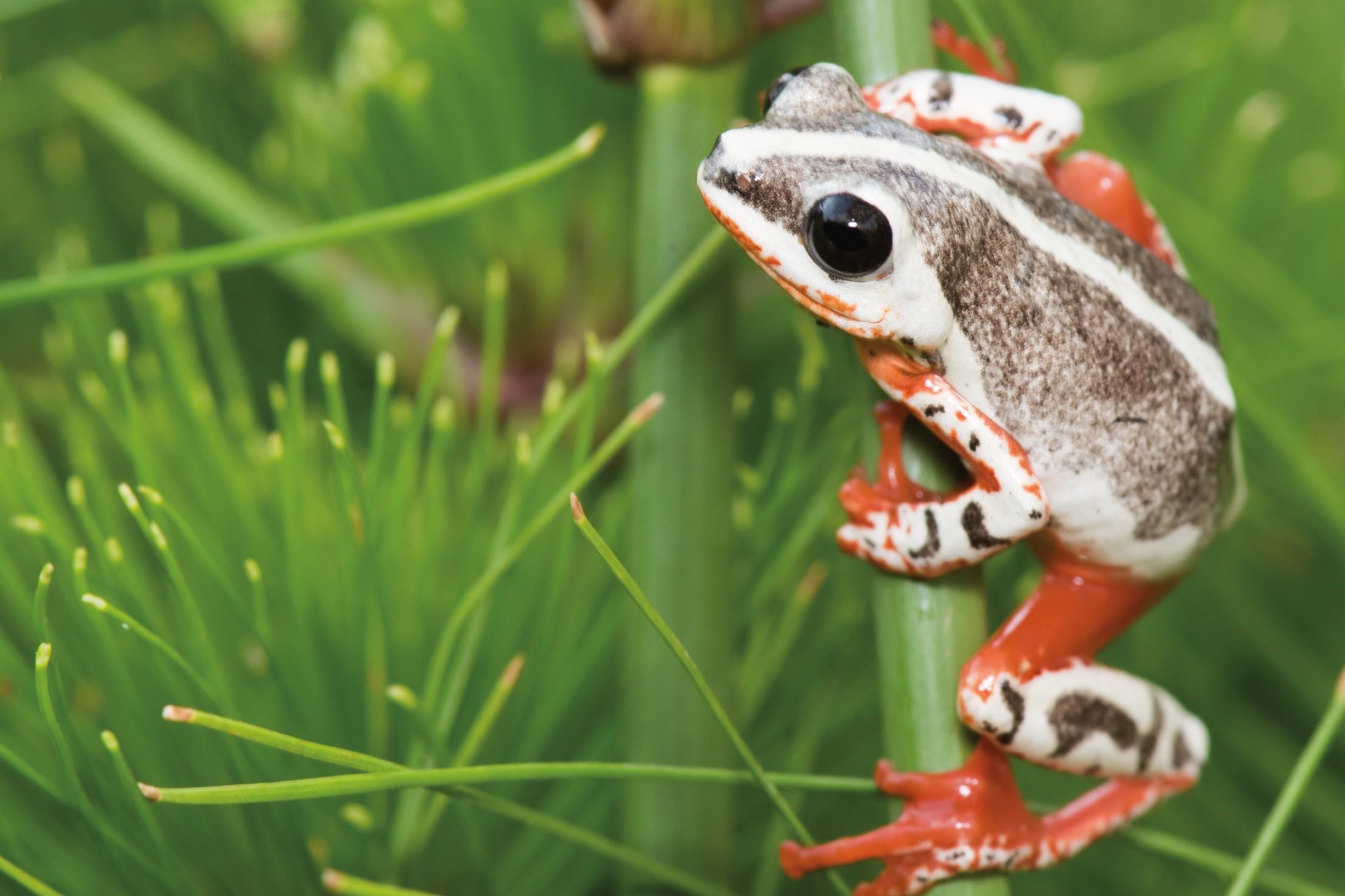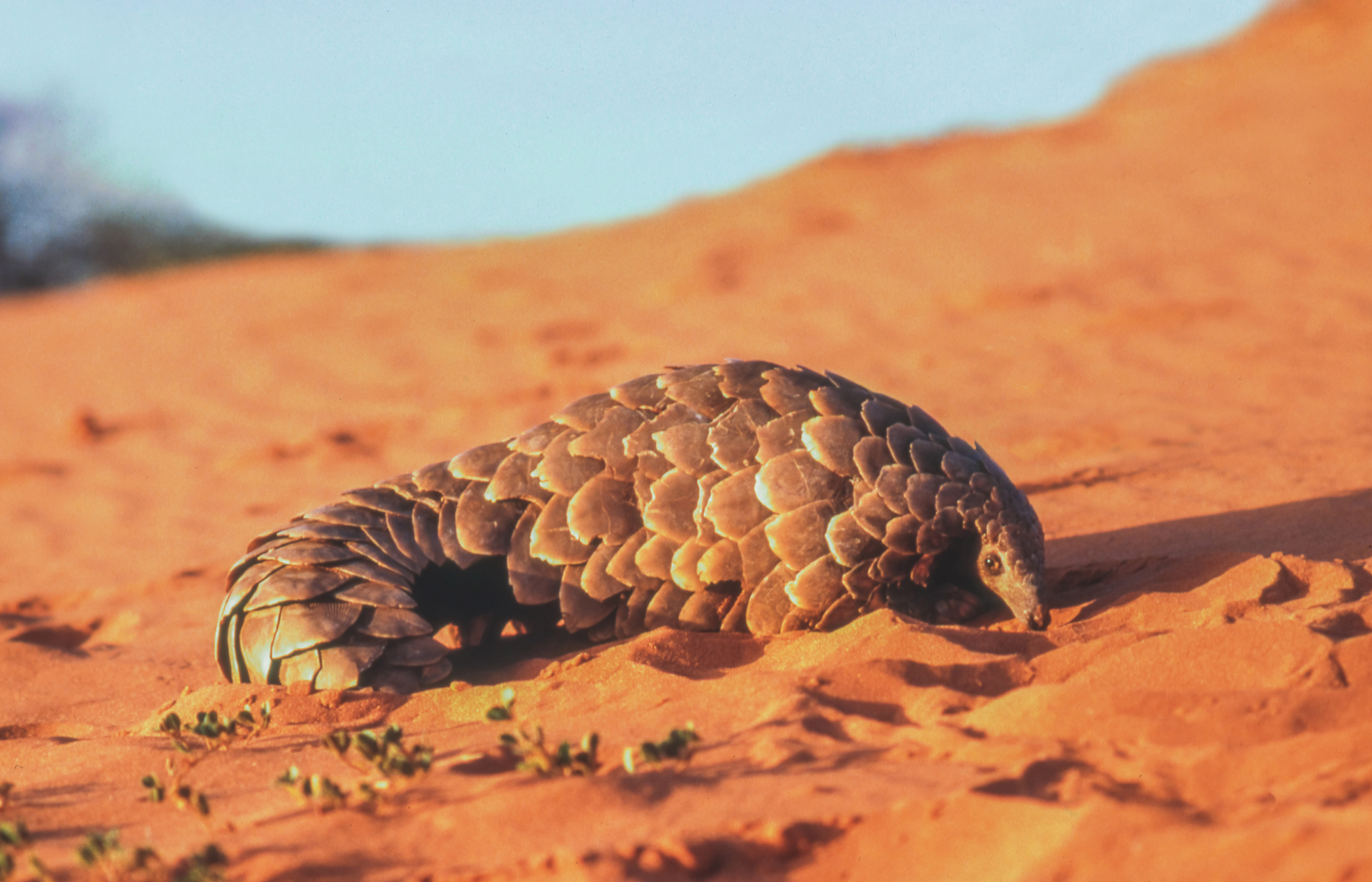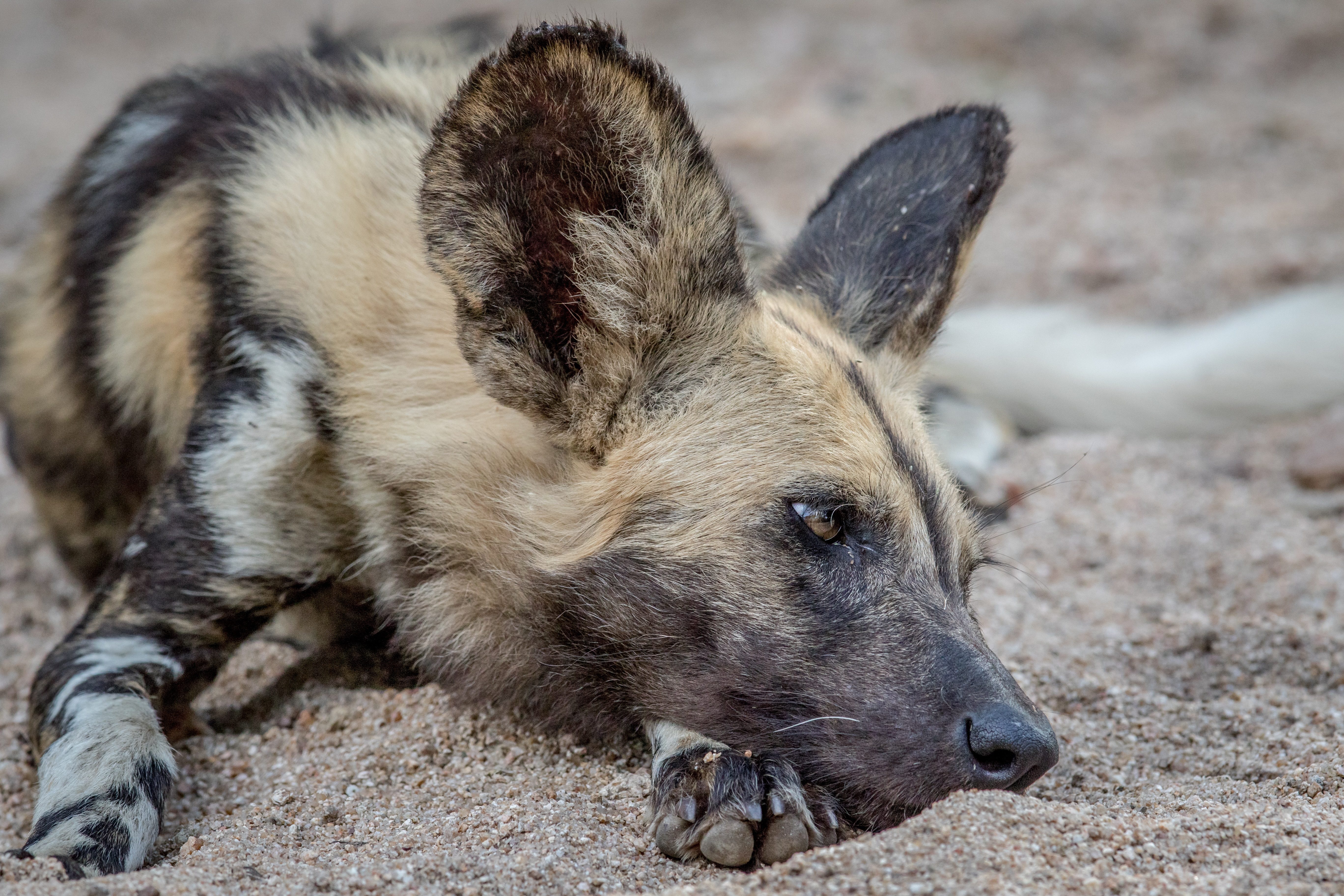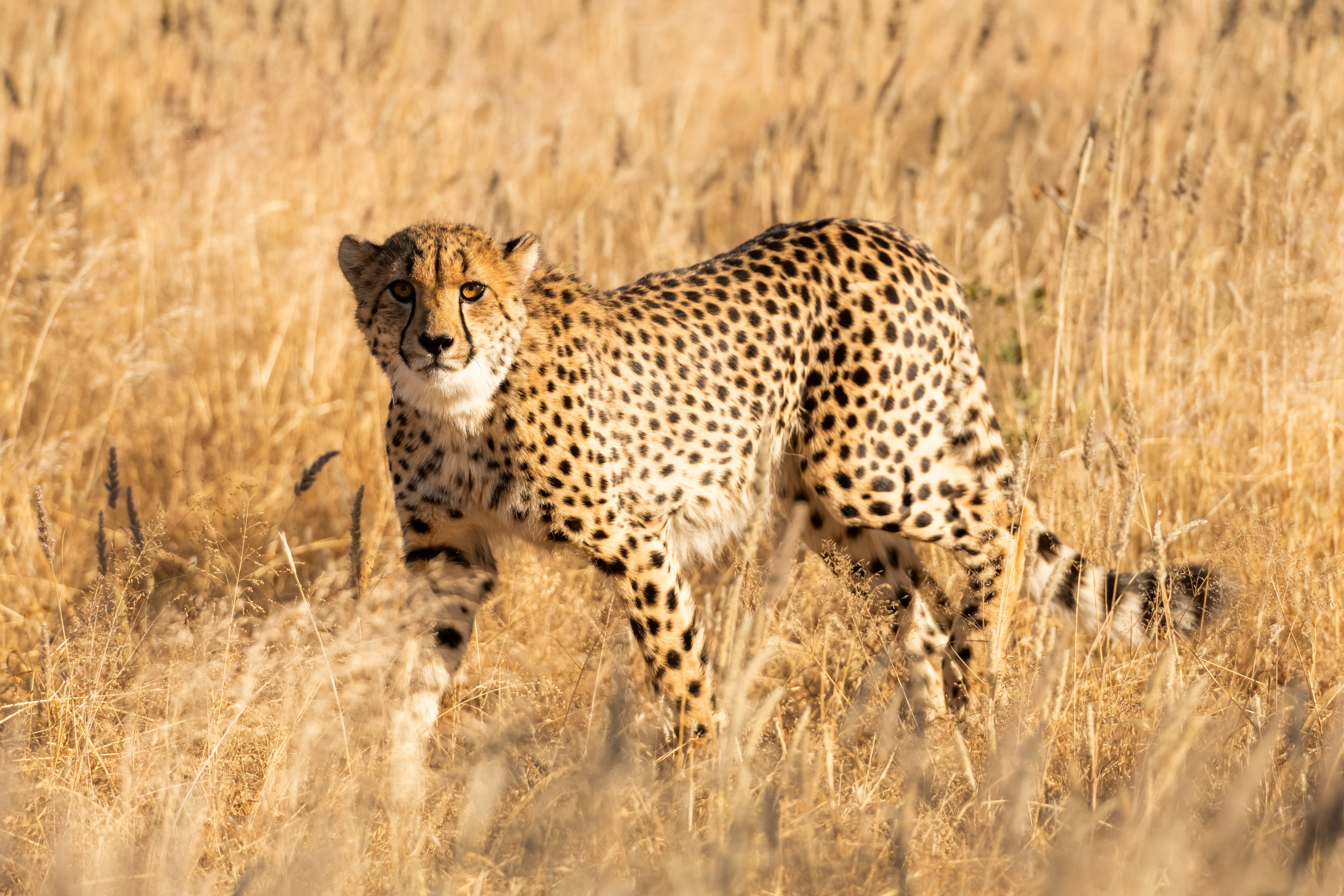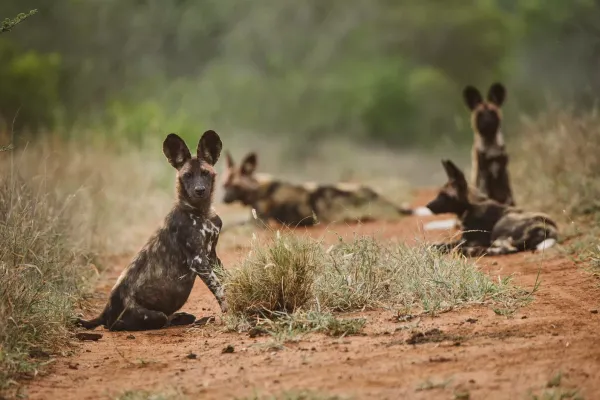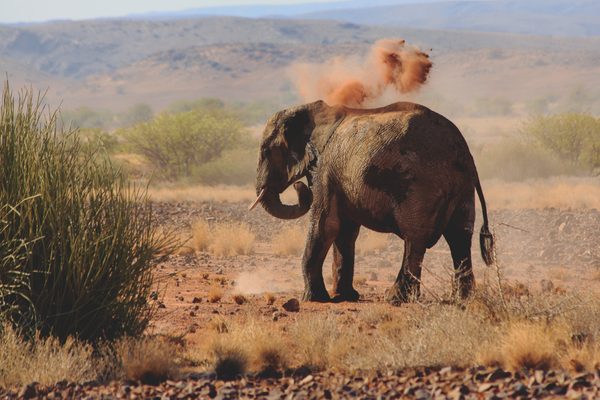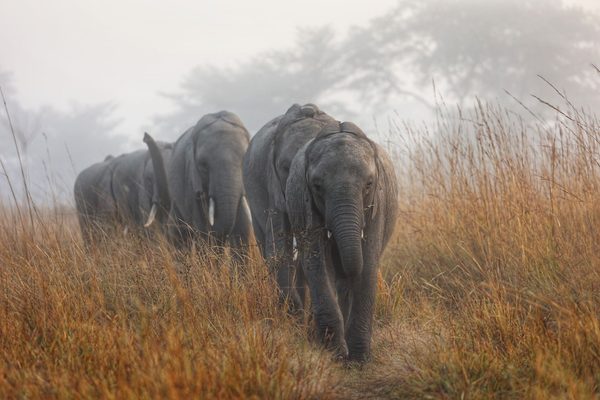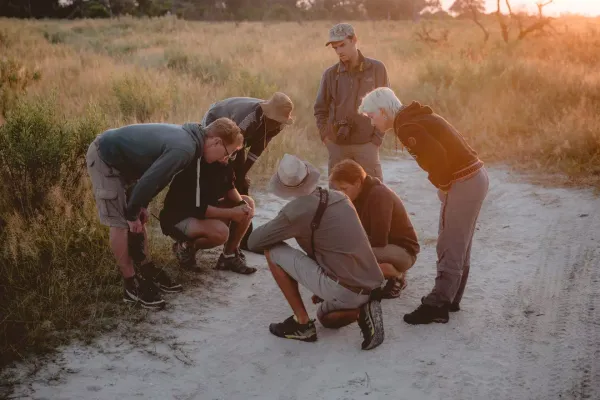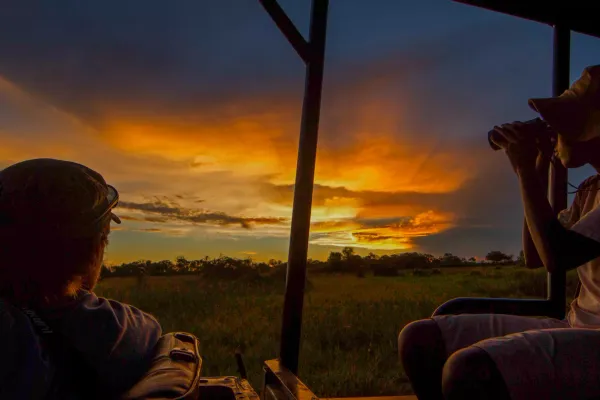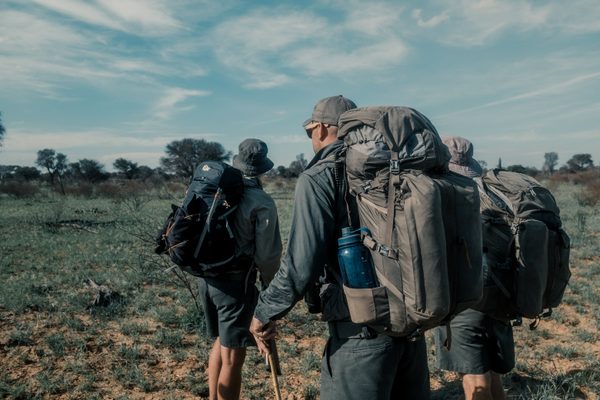Our partner: Endangered Wildlife Trust
The Endangered Wildlife Trust (EWT) is a registered Non-profit, Non-governmental, and Public Benefit Organisation. Since its establishment in 1973, the EWT has become a leading, well-known, and trusted conservation roleplayer.
They are committed to conserving threatened species and ecosystems in southern Africa to the benefit of all. To achieve this, EWT focusses on three main strategic imperatives: Saving Species, Conserving Habitats, and Benefitting People.
The team is spread across southern and East Africa. EWT works with businesses, communities, and government and are leaders in conservation research, community conservation, livelihood support, and training.
They are innovative and skilled in reducing human-wildlife conflict, monitoring threatened species, and protecting safe spaces for animals and people.
Brief profile of the Endangered
Wildlife Trust
- Name: Endangered Wildlife Trust
- Year founded: 1973
- Headquarter: South Africa
- Languages: English
- Locations: South & East Africa
- Focus: Species Conservation
- Certification status: Non-profit
- Website Endangered Wildlife Trust
- Instagram Endangered Wildlife Trust
- LinkedIn Endangered Wildlife Trust
What is the focus of the Endangered Wildlife Trust?
The Vision of the EWT is a healthy planet and an equitable world that values and sustains the diversity of all life. Moreover, the EWT is dedicated to conserving threatened species and ecosystems in East and southern Africa to the benefit of all people.
As a leading high-profile player amongst the large number and variety of conservation organisations in South Africa (both governmental and civil society), the EWT fills the key niche of conservation action through applied research, fieldwork, and direct engagement with stakeholders. With specialist programmes and a large team of skilled field staff deployed throughout southern Africa, the EWT’s work supports the conservation of threatened species and ecosystems.
Priority interventions focus on identifying the key factors threatening biodiversity and adopting measures to reduce risks and reverse the drivers of species extinction and ecosystem degradation. Through a broad spectrum of partnerships and networks, the EWT responds to the key threats driving species and ecosystem loss by developing innovative methodologies and best practice guidelines that support reduced impact, harmonious coexistence, and sustainable living for all.
Support the Endangered Wildlife Trust!
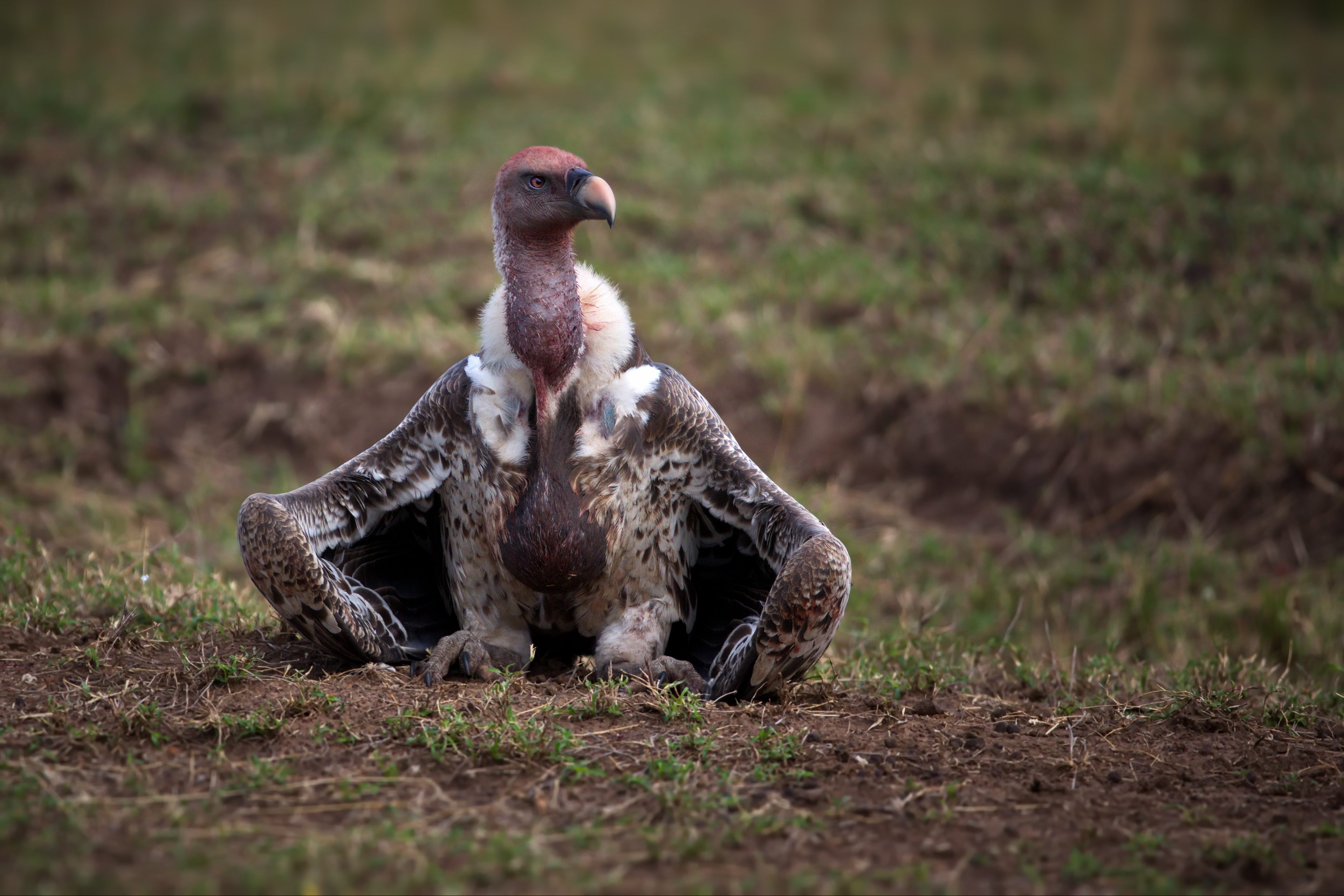
What is the philosophy behind Endangered Wildlife Trust?
#1 Saving Species
- African Crane Conservation Programme: In partnership with the International Crane Foundation (ICF), the African Crane Programme focuses on securing and improving the conservation status of Africa’s four resident crane species and the wetland and grassland habitats upon which they depend.
- Birds of Prey Programme: Ensures that viable wild raptor populations continue to soar in the African skies and across its landscapes.
- Carnivore Conservation Programme: Boldly implements large-scale, collaborative, field-based projects to increase the range, numbers and status of Africa’s threatened carnivores.
- Vultures for Africa Programme: Strives to reduce the imminent and real risk of extinction in African vultures.
- Wildlife in Trade Programme: Works to reduce the illegal trade in wildlife and wildlife products.
#2 Saving Habitats
- Drylands Conservation Programme: Works to ensure the survival of unique and/or threatened dryland species, such as the Critically Endangered Riverine Rabbit, and associated critical habitats.
- Soutpansberg Protected Area: The EWT is in the process of creating a protected area covering over 33,515 ha that will protect a number of threatened and locally endemic species of animals and plants and culturally important sites in the Soutpansberg Mountains.
- Threatened Amphibian Programme: The EWT is the only NGO in South Africa to include frogs as a conservation focus. The approach uses threatened frog species as flagships for the conservation of important freshwater and terrestrial habitats.
»What started as one man’s dream in 1973 has grown into an unconquerable force in the fight against extinction.«
#3 Benefiting People
- National Biodiversity and Business Network: With a significant stake in the sustainability of biodiversity, business has the power and responsibility to act as a powerful lever for change. Recognising the importance of biodiversity to business, the EWT established the National Biodiversity and Business Network (NBBN) in 2013 to build the capacity of business to act as a positive force for the conservation of biodiversity in South Africa.
- People in Conservation Programme: The mounting pressures on our natural resources are daunting, but EWT believes that these can be addressed through the development of innovative conservation strategies that integrate solutions for addressing the social and economic needs of people.
- Wildlife and Energy Programme: Reduces the impact of energy infrastructure on wildlife.
- Wildlife and Transport Programme: Works with relevant stakeholders from the public and private sectors to reduce the number of collisions between wildlife and motor vehicles.
#4 Tying it all together with science
- Conservation Science Unit: Provides scientific support across the organisation’s programmes and projects, to ensure that the collective work is scientifically sound and evidence-based.
How can we support the Endangered Wildlife Trust ?
Any conservation-minded individuals can reach out to Tammy Baker at tammyb@ewt.org.za, to find out more about EWTs conservation work and how they can get involved.
For the adventurous, check out the Rhino Peak Challenge, and contact Tammy if you would like to become an ambassador and conquer the Rhino Peak.
Sign up for the newsletter
By clicking on “Subscribe now” I will subscribe to the Conscious Explorer newsletter with all the information about mindful travel. Information on the success measurement included in the consent, the use of the shipping service provider MailChimp, logging of the registration and your rights of revocation can be found in our privacy policy.

